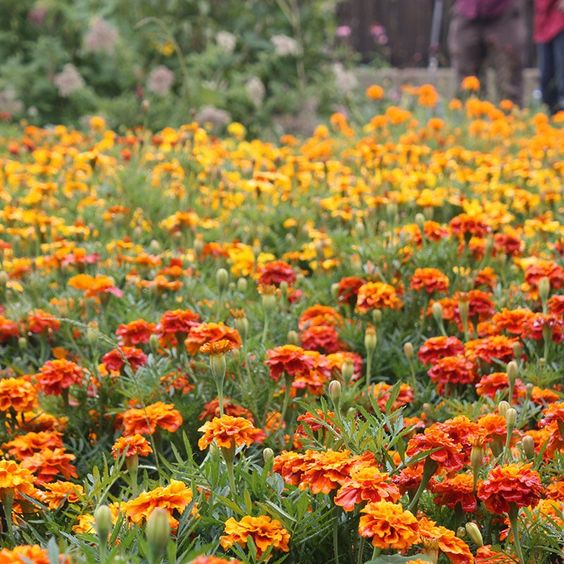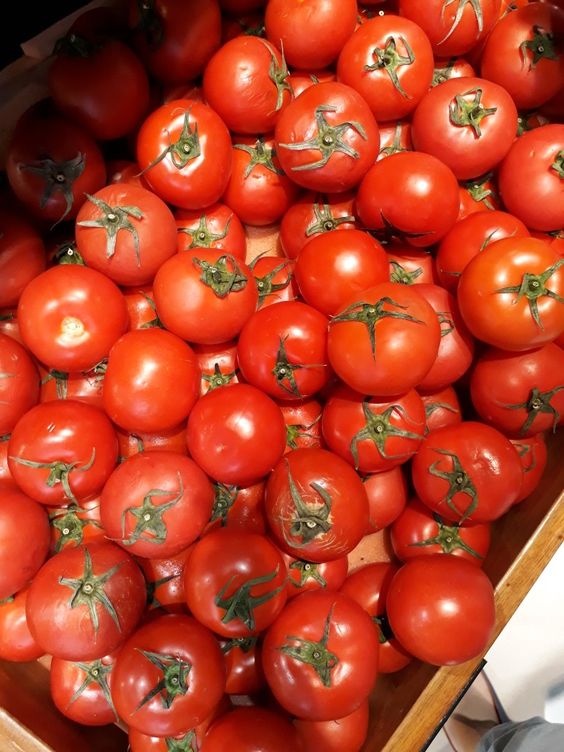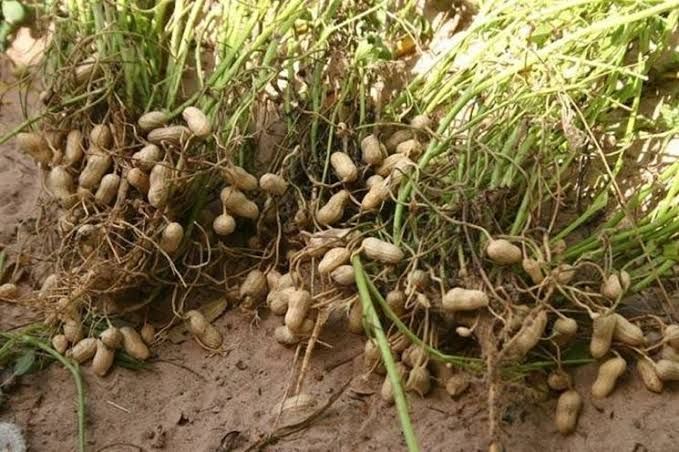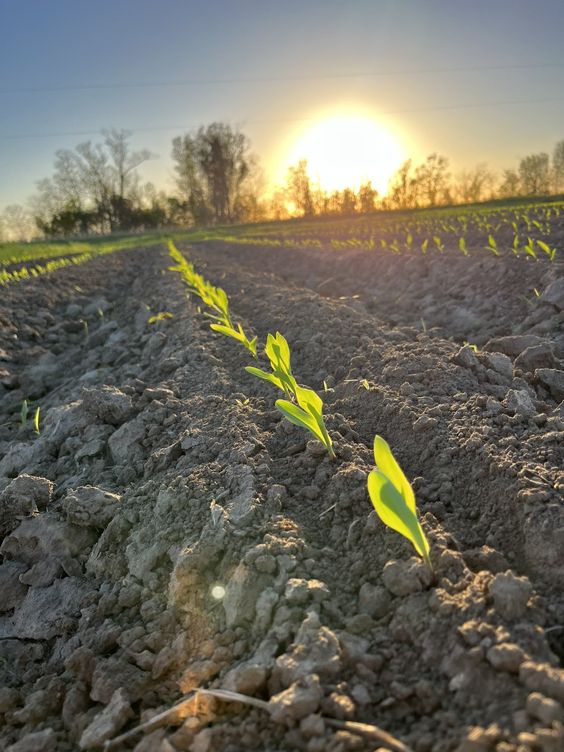Unleashing the Gold: Optimizing Plant Marigold Cultivation with Smart Agriculture Techniques
Plant Marigold is a vibrant and versatile flower prized for its aesthetic appeal and a multitude of practical uses. Beyond its ornamental value in gardens and landscaping, marigolds boast a rich history in medicinal applications, culinary uses, and even as a powerful companion plant in agricultural ecosystems. This article delves into the world of Plant Marigold cultivation, exploring how innovative Smart Agriculture techniques can empower farmers to unlock the flower’s full potential while streamlining processes and enhancing yields.
Contents
- 1 A Fusion of Tradition and Technology: Smart Agriculture in Marigold Farming
- 2 Objectives and Advantages of Smart Plant Marigold Farming
- 3 The Smart Agriculture Toolkit for Marigold Cultivation
- 4 Unlocking the Potential: Practical Applications of Smart Agriculture in Marigold Farming
- 5 The Benefits of Smart Marigold Farming: A Golden Harvest
- 6 Challenges and Considerations in Smart Plant Marigold Farming
- 7 Strategies for Overcoming Challenges
- 8 The Future of Marigold Cultivation: A Collaborative Endeavor
- 9 Beyond the Field: The Ripple Effect of Smart Plant Marigold Farming
A Fusion of Tradition and Technology: Smart Agriculture in Marigold Farming
Plant Marigold cultivation has thrived for centuries, traditionally relying on time-tested methods passed down through generations. However, the integration of Smart Agriculture practices is revolutionizing the industry, offering a treasure trove of benefits for farmers. By leveraging sensors, automation, data analysis, and precision agriculture techniques, Smart Agriculture empowers informed decision-making, optimizes resource utilization, and fosters sustainable marigold production.
Objectives and Advantages of Smart Plant Marigold Farming
The primary objectives of employing Smart Agriculture in marigold cultivation encompass:
- Enhanced Yield and Quality: Precise monitoring of environmental factors like soil moisture, temperature, and light levels allows for adjustments that promote optimal growth conditions, ultimately leading to increased flower production and superior quality.
- Resource Optimization: Smart irrigation systems based on real-time data ensure water is delivered efficiently, minimizing waste and reducing overall water consumption.
- Reduced Labor Costs: Automation of tasks such as irrigation, fertilization, and pest control can significantly decrease labor requirements, freeing up manpower for other crucial activities.
- Improved Disease and Pest Management: Sensor technology facilitates early detection of pest infestations and disease outbreaks, enabling proactive interventions with minimal environmental impact.
- Data-Driven Decision Making: Smart Agriculture platforms collect and analyze vast amounts of data, providing farmers with valuable insights into crop health, resource utilization, and potential areas for improvement.
The Smart Agriculture Toolkit for Marigold Cultivation
An array of Smart Agriculture tools empower farmers to achieve these objectives:
- Sensors: These devices gather real-time data on various environmental parameters like soil moisture, temperature, humidity, and light intensity.
- Automated Irrigation Systems: Utilizing sensor data, these systems deliver water precisely when and where it’s needed, preventing overwatering and optimizing water usage.
- Variable Rate Technology (VRT): This technology enables the targeted application of fertilizers and pesticides based on specific plant needs within the field, minimizing waste and environmental impact.
- Precision Agriculture Software: Software platforms integrate and analyze data collected from various sources, providing farmers with actionable insights to optimize cultivation practices.
- Internet of Things (IoT): By connecting sensors and actuators to the internet, IoT facilitates remote monitoring and control of various agricultural operations.
Unlocking the Potential: Practical Applications of Smart Agriculture in Marigold Farming
Here’s a glimpse into how Smart Agriculture manifests in Plant Marigold cultivation practices:
- Sensor-based irrigation: Soil moisture sensors relay real-time data on water needs, enabling automated irrigation systems to deliver precise amounts of water, preventing waterlogging and promoting optimal growth.
- Precision fertilization: Utilizing data on soil nutrient levels and plant growth stages, VRT allows for the targeted application of fertilizers, ensuring plants receive the exact nutrients they need at the right time.
- Disease and pest monitoring: Sensors and automated traps can detect signs of pest infestation or disease outbreaks at an early stage, allowing for timely interventions with minimal pesticide use.
- Environmental monitoring: Weather stations and climate sensors provide data on temperature, humidity, and light levels, enabling farmers to adjust cultivation practices to suit specific weather conditions.
The Benefits of Smart Marigold Farming: A Golden Harvest
The integration of Smart Agriculture in Plant Marigold cultivation offers a multitude of benefits:
- Increased Yields and Improved Quality: By optimizing growing conditions and resource utilization, Smart Agriculture fosters superior flower quality and potentially leads to higher yields.
- Reduced Costs: Minimized water and fertilizer waste, coupled with potential reductions in labor requirements, contribute to lower overall production costs.
- Enhanced Sustainability: Precision agriculture techniques promote efficient resource utilization and minimize environmental impact.
- Improved Traceability: Smart Agriculture platforms can facilitate data collection throughout the marigold production process, enhancing traceability and transparency within the supply chain.
- Empowered Decision-Making: Data-driven insights empower farmers to make informed decisions regarding all aspects of marigold cultivation, leading to improved farm management practices.
Challenges and Considerations in Smart Plant Marigold Farming
While Smart Agriculture offers a plethora of benefits, there are certain challenges to consider:
- Initial Investment: The implementation of Smart Agriculture technologies can require an upfront investment in sensors, software, and potential infrastructure upgrades.
- Technical Expertise: Operating and interpreting data collected from various sensors and platforms may necessitate acquiring new technical skills or seeking external support.
- Connectivity Issues: In remote areas, reliable internet connectivity may be a limiting factor for seamless operation of Smart Agriculture technologies.
Strategies for Overcoming Challenges
Strategies can mitigate these challenges and pave the way for the successful adoption of Smart Agriculture in Plant Marigold cultivation:
- Government Incentives: Government initiatives offering financial assistance or subsidies can encourage farmers to adopt Smart Agriculture practices.
- Educational Programs: Training programs and workshops can equip farmers with the necessary technical knowledge and skills to operate Smart Agriculture technologies effectively.
- Public-Private Partnerships: Collaboration between governments, technology providers, and agricultural organizations can facilitate the development and implementation of affordable Smart Agriculture solutions.
The Future of Marigold Cultivation: A Collaborative Endeavor
The future of Plant Marigold cultivation is bright, and Smart Agriculture plays a pivotal role in shaping its trajectory. Collaborative efforts among farmers, researchers, technology providers, and policymakers are crucial to ensure the successful integration of Smart Agriculture practices. By fostering knowledge sharing, developing affordable technologies, and creating a supportive environment, stakeholders can empower marigold farmers to unlock the flower’s full potential and contribute to a more sustainable and prosperous agricultural future.
Beyond the Field: The Ripple Effect of Smart Plant Marigold Farming
The benefits of Smart Agriculture in marigold cultivation extend beyond the field, impacting various aspects of the industry:
- Improved Market Access: Enhanced traceability can open doors to premium markets demanding high-quality, sustainably produced flowers.
- Reduced Environmental Impact: Minimized water and fertilizer use contribute to a more sustainable agricultural sector.
- Consumer Confidence: Transparency in the marigold supply chain fosters consumer confidence in the quality and ethical sourcing of the flowers.
The integration of Smart Agriculture in marigold cultivation presents a golden opportunity for all stakeholders involved. Farmers benefit from increased efficiency, profitability, and sustainability. Consumers gain access to high-quality, ethically sourced flowers, while the environment reaps the rewards of reduced resource consumption. By embracing Smart Agriculture, the Plant Marigold industry can ensure a vibrant and prosperous future for generations to come.




